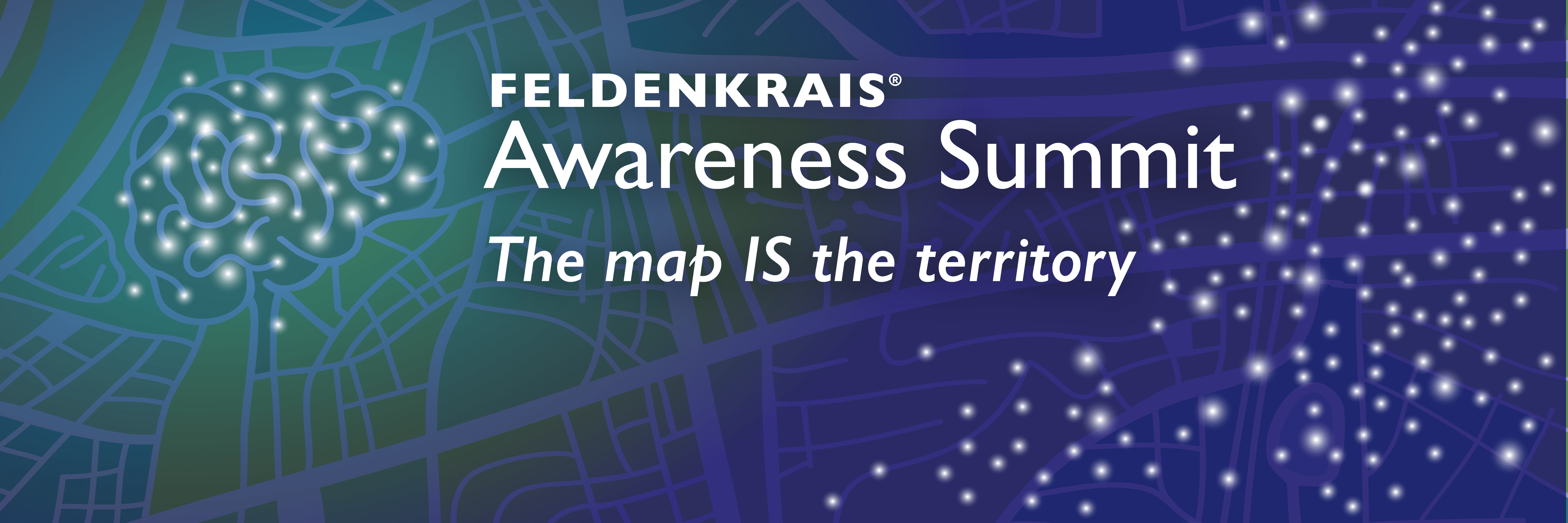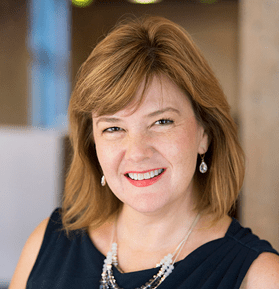

Diane Hannemann, PhD
The Power of Inquiry: Reading and Understanding Research
Track: Research
Wednesday May 8th, 2019, at 7 pm EDT (New York)
Inquiry is fundamental to the Feldenkrais Method®. Moshe Feldenkrais was a physicist and the scientific process of observation, hypothesis and inquiry—or experimentation through movement—is the framework for the Feldenkrais Method. Similarly, research on the Feldenkrais Method can reveal how the Feldenkrais Method works at a molecular, cellular, physical and conscious level; demonstrate the effectiveness of Feldenkrais® for clinical and physical rehabilitation applications; and ultimately expand awareness and adoption of the method.
But all research is not created equal—with variability in experimental approaches, quality, and objectives. This Summit session will provide an overview of different research methods, guidance for reading and critically appraising reported research, as well as rich opportunities for future research on the Feldenkrais Method.
About Diane Hannemann
Diane Hannemann, PhD, is biochemist-biophysicist with a passion for understanding how the body communicates at the molecular level and how these systems can be supported to optimize health. In 1996, these questions inspired her to leave her career in marketing communications to return to college for a BA in Chemistry from Purdue University, followed by a MPhil and a PhD in Molecular Biophysics and Biochemistry from Yale University where she researched how a motor protein uses chemical energy to transport materials along tracks inside a cell.
Her commitment to translating science to the public and policymakers brought her to Washington, DC, in 2007 as an AAAS Science and Technology Policy Fellow at the National Institutes of Health (NIH) to work on health, environment and safety issues related to nanoscience. As a regional science advisor at the US State Department, she created science and health programs in the Asia Pacific, including the establishment of a public-private partnership with China, Australia, and the World Bank to improve food safety training in the region. In 2010, she returned to the NIH Office of the Director providing analysis on emerging biomedical research issues and developing NIH communications to Congress and the public.
Diane is currently the director of academic programs at the Institute for Integrative Health in Baltimore, where she leads the Institute’s multidisciplinary research initiatives to advance the science of health and well-being. To feed her mind, body, soul and life’s mission, she is currently enrolled in the Feldenkrais Training Program of Baltimore.
Learn more about Diane’s work at www.groundedinscience.com